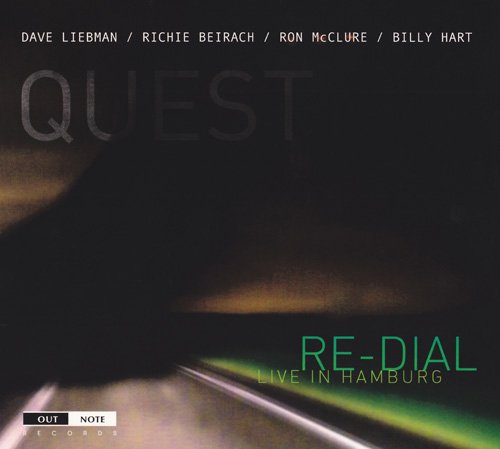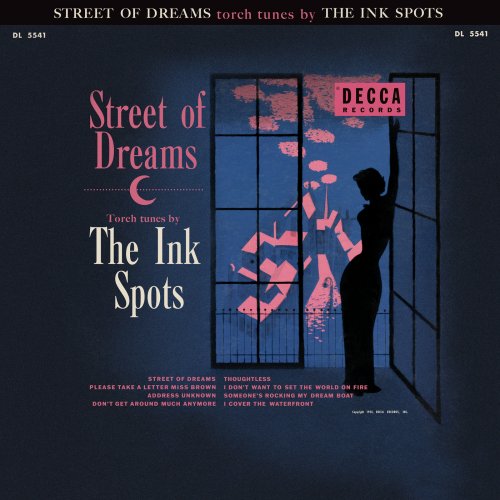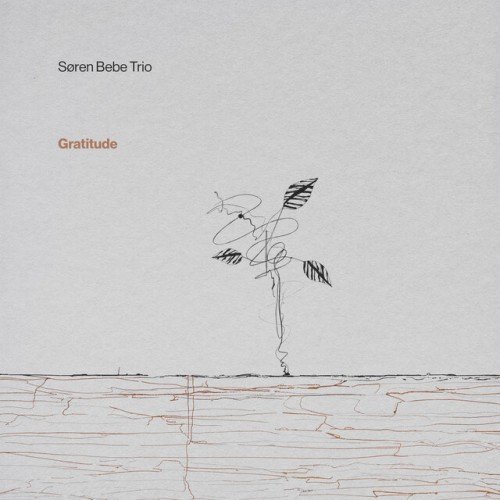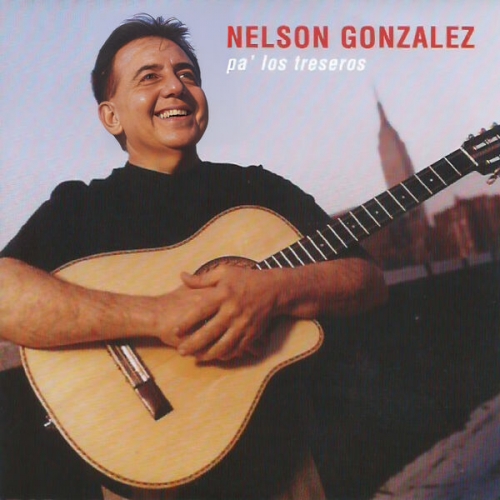Nicholas McGegan - Handel: Rodelinda (2008)
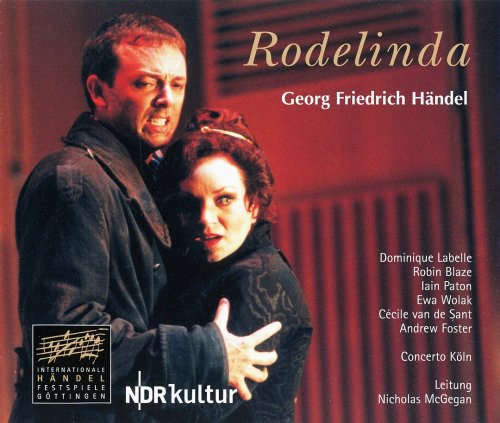
Artist: Nicholas McGegan
Title: Handel: Rodelinda
Year Of Release: 2008
Label: NDR Kultur
Genre: Classical
Quality: FLAC (image + .cue, log, scans)
Total Time: 2:45:25
Total Size: 770 MB
WebSite: Album Preview
Tracklist:Title: Handel: Rodelinda
Year Of Release: 2008
Label: NDR Kultur
Genre: Classical
Quality: FLAC (image + .cue, log, scans)
Total Time: 2:45:25
Total Size: 770 MB
WebSite: Album Preview
CD1
01 Overture. Grave
02 Overture. Allegro
03 Overture. Menuet
ATTO PRIMO
04 Scena 1. Aria (Rodelinda): Ho perduto il caro sposo
05 Scena 1. Recitativo (Grimoaldo, Rodelinda): Regina? / Grimoaldo!
06 Scena 1. Aria (Rodelinda): L'empio rigor del fato
07 Scena 2. Recitativo (Grimoaldo, Garibaldo, Eduige): Duca, vedesti mai
08 Scena 3. Recitativo (Eduige, Grimoaldo): E tanto, da che sei Re
09 Scena 3. Aria (Grimoaldo): Io già t'amai, ritrosa
10 Scena 4. Recitativo (Eduige, Garibaldo): E tu dice d'amarmi?
11 Scena 4. Aria (Eduige): Lo farò, dirò spietato
12 Scena 5. Recitativo (Garibaldo): Eduige, t'inganni
13 Scena 5. Aria (Garibaldo): Di Cupido impiego i vanni
14 Scena 6. Sinfonia - Accompagnato (Bertarido): Pompe vane di morte!
15 Scena 6. Aria (Bertarido): Dove sei, amato bene?
16 Scena 6. Recitativo (Bertarido, Unulfo): Ma giunge Unulfo, oh Dio!
17 Scena 7. Aria (Rodelinda): Ombre, piante, urne funeste!
18 Scena 7. Accompagnato e Recitativo (Rodelinda, Bertarido, Unulfo): Ombra del mio bel sol - Deh, lascia!
19 Scena 8. Recitativo (Garibaldo, Bertarido, Unulfo, Rodelinda): Baci inutili e vani
20 Scena 8. Aria (Rodelinda): Morrai, sì, l'empia tua testa
21 Scena 9. Recitativo (Bertarido, Unulfo): Unulfo, oh Dio!
22 Scena 9. Aria (Unulfo): Sono i colpi della sorte
23 Scena 10. Recitativo (Bertarido): Sì, l'infida consorte
24 Scena 10. Aria (Bertarido): Confusa si miri
CD2
ATTO SECONDO
01 Scena 1. Recitativo (Garibaldo, Eduige): Già perdesti, o Signora
02 Scena 2. Recitativo (Eduige, Rodelinda): Rodelinda, sì mesta ritorni
03 Scena 2. Aria (Eduige): De' miei scherni per far le vendette
04 Scena 3. Recitativo (Grimoaldo, Rodelinda, Unulfo, Garibaldo): Rodelinda, è pur ver?
05 Scena 3. Aria (Rodelinda): Spietati, io vi giurai
06 Scena 4. Recitativo (Grimoaldo, Unulfo, Garibaldo): Unulfo, Garibaldo, in questo seno
07 Scena 4. Aria (Grimoaldo): Prigioniera ho l'alma in pena
08 Scena 4. Recitativo (Unulfo, Garibaldo): Massime così indegne
09 Scena 4. Aria (Garibaldo): Tirannia gli diede il regno
10 Scena 4. Recitativo (Unulfo): Sì, sì, fellon, t'intendo
11 Scena 4. Aria (Unulfo): Fra tempeste funeste a quest'alma
12 Scena 5. Aria (Bertarido) e Recitativo (Eduige): Con rauco mormorio - Dell estino germano - Con rauco mormorio
13 Scena 5. Recitativo (Eduige, Bertarido, Unulfo): Ah, no, che non m'inganna
14 Scena 5. Aria (Bertarido): Scacciata dal suo nido
15 Scene 6 & 7. Recitativi (Rodelinda, Unulfo, Bertarido, Grimoaldo): Vive il mio sposo?
16 Scena 7. Aria (Grimoaldo): Tuo drudo è mio rivale
17 Scena 7. Recitativo (Rodelinda, Bertarido): Non ti bastò, consorte
18 Scena 7. Duetto (Rodelinda, Bertarido): Io t'abbraccio
CD3
ATTO TERZO
01 Scena 1. Recitativo (Eduige, Unulfo): Del german nel periglio
02 Scena 1. Aria (Unulfo): Un zeffiro spirò
03 Scena 1. Recitativo (Eduige): Con opra giusta
04 Scena 1. Aria (Eduige): Quanto più fiera tempesta freme
05 Scena 2. Recitativo (Garibaldo, Grimoaldo): O falso è Bertarido
06 Scena 2. Aria (Grimoaldo): Tra sospetti, affetti e timori
07 Scena 3. Aria (Bertarido): Chi di voi fu più infedele
08 Scena 3. Accompagnato (Bertarido): Ma non so che - Recitativo (Unulfo, Bertarido): Bertarido? Mio Re!
09 Scena 4. Recitativo (Eduige, Rodelinda): Non temere, Signore!
10 Scena 4. Aria (Rodelinda): Se'l mio duol non è si forte
11 Scena 6. Accompagnato (Grimoaldo): Fatto inferno è il mio petto
12 Scena 6. Accompagnato (Grimoaldo): Ma pur voi lusingate
13 Scena 6. Aria (Grimoaldo): Pastorello d'un povero armento
14 Scene 7 & 8. Recitativi (Garibaldo, Grimoaldo, Bertarido, Rodelinda): Che miro? Amica sorte
15 Scena 7. Aria (Bertarido): Vivi, tiranno!
16 Scena Ultima. Recitativo (Grimoaldo, Bertarido, Rodelinda): Se amici siete a Bertarido
17 Scena Ultima. Aria (Rodelinda): Mio caro bene!
18 Scena Ultima. Recitativo (Bertarido): Sposa, figlio, sorella, amici, oh Dio!
19 Scena Ultima. Coro (tutti senza Garibaldo): Dopo la notte oscura
Nicholas McGegan has done more for the early music movement in America than nearly anyone else, and his tireless explorations of the byways of Baroque opera have put many fascinating works into the concert hall and onto recordings.
He studied piano at London's Trinity College of Music and learned to play the flute while he was there, but entertained no special desire to study historical performance. When he entered Corpus Christi College in Cambridge, however, one of the courses required for a music degree was professor Nicholas Shackleton's acoustics course. This course often met in the professor's home, which contained both a large collection of 18th century wind instruments and a tenant named Christopher Hogwood. Hogwood, of course, was then one of the leading lions of the period-instrument Baroque movement in England, so McGegan could not have been in a better position to learn about it. Although he had been studying 20th century music, one day he picked up a Baroque wooden flute and never looked back. During the 1970s, McGegan became one of the bright lights of England's starry period-instrument scene, playing the flute, harpsichord, and fortepiano with all the major period instrument groups in England, especially Hogwood's Academy of Ancient Music. He became director of early music at the Royal College of Music in London in 1976.
In 1979, McGegan made the fateful decision to accept a three-month artist-in-residence position at Washington University at St. Louis. McGegan's teaching and performance caused quite a stir at the university and numerous renewals of the initial term followed; McGegan has said that during this time he became "more American-based than European-based." In 1985, McGegan became music director of the Philharmonia Baroque Orchestra, which had been a players' cooperative without a leader. The ensemble still places a premium on collaboration and creativity under McGegan's direction. It has become the finest period instrument group in America and one of the finest in the world since McGegan took it over, making numerous recordings under his direction.
One of the international positions this very busy conductor holds is artistic director of the Gottingen Handel Festival, the oldest festival for Baroque music in the world. He has also spread the ideas of historically informed practice in his work with groups such as Hungary's Capella Savaria; the Chicago Symphony; the Cleveland and Philadelphia orchestras; Saint Louis, Toronto, and Sydney symphonies; the New York, Los Angeles, and Hong Kong philharmonics; the Northern Sinfonia, and the Scottish Chamber Orchestra, as well as opera companies including Covent Garden, San Francisco, Santa Fe, and Washington. McGegan also founded the Arcadian Academy, a chamber offshoot of the PBO, and has served as the Baroque series director for the Saint Paul Chamber Orchestra and as an advisory board member for the University of Maryland Handel Festival and London's Handel House. In his pursuit of reviving Baroque works, he's collaborated with dancer Mark Morris to present Rameau's Platée at the Edinburgh Festival and Handel's L’Allegro at Ravinia and the Mostly Mozart Festival in New York.
Despite, or perhaps because of, his academic credentials and background in period performance, McGegan's performances exemplify joy and fun, rather than sober scholarship. He has compared the PBO to a "jazz band" in terms of its ability to play together and play with spirit, and the comparison rings true when listening to the PBO live or on record, or, indeed, when listening to any of McGegan's performances. Although he is primarily identified with -- and won awards for his recordings of -- Handel, he has played repertoire stretching into the 19th century and has brought the same sense of fun to all of it. -- Andrew Lindemann Malone
He studied piano at London's Trinity College of Music and learned to play the flute while he was there, but entertained no special desire to study historical performance. When he entered Corpus Christi College in Cambridge, however, one of the courses required for a music degree was professor Nicholas Shackleton's acoustics course. This course often met in the professor's home, which contained both a large collection of 18th century wind instruments and a tenant named Christopher Hogwood. Hogwood, of course, was then one of the leading lions of the period-instrument Baroque movement in England, so McGegan could not have been in a better position to learn about it. Although he had been studying 20th century music, one day he picked up a Baroque wooden flute and never looked back. During the 1970s, McGegan became one of the bright lights of England's starry period-instrument scene, playing the flute, harpsichord, and fortepiano with all the major period instrument groups in England, especially Hogwood's Academy of Ancient Music. He became director of early music at the Royal College of Music in London in 1976.
In 1979, McGegan made the fateful decision to accept a three-month artist-in-residence position at Washington University at St. Louis. McGegan's teaching and performance caused quite a stir at the university and numerous renewals of the initial term followed; McGegan has said that during this time he became "more American-based than European-based." In 1985, McGegan became music director of the Philharmonia Baroque Orchestra, which had been a players' cooperative without a leader. The ensemble still places a premium on collaboration and creativity under McGegan's direction. It has become the finest period instrument group in America and one of the finest in the world since McGegan took it over, making numerous recordings under his direction.
One of the international positions this very busy conductor holds is artistic director of the Gottingen Handel Festival, the oldest festival for Baroque music in the world. He has also spread the ideas of historically informed practice in his work with groups such as Hungary's Capella Savaria; the Chicago Symphony; the Cleveland and Philadelphia orchestras; Saint Louis, Toronto, and Sydney symphonies; the New York, Los Angeles, and Hong Kong philharmonics; the Northern Sinfonia, and the Scottish Chamber Orchestra, as well as opera companies including Covent Garden, San Francisco, Santa Fe, and Washington. McGegan also founded the Arcadian Academy, a chamber offshoot of the PBO, and has served as the Baroque series director for the Saint Paul Chamber Orchestra and as an advisory board member for the University of Maryland Handel Festival and London's Handel House. In his pursuit of reviving Baroque works, he's collaborated with dancer Mark Morris to present Rameau's Platée at the Edinburgh Festival and Handel's L’Allegro at Ravinia and the Mostly Mozart Festival in New York.
Despite, or perhaps because of, his academic credentials and background in period performance, McGegan's performances exemplify joy and fun, rather than sober scholarship. He has compared the PBO to a "jazz band" in terms of its ability to play together and play with spirit, and the comparison rings true when listening to the PBO live or on record, or, indeed, when listening to any of McGegan's performances. Although he is primarily identified with -- and won awards for his recordings of -- Handel, he has played repertoire stretching into the 19th century and has brought the same sense of fun to all of it. -- Andrew Lindemann Malone
Related Release:
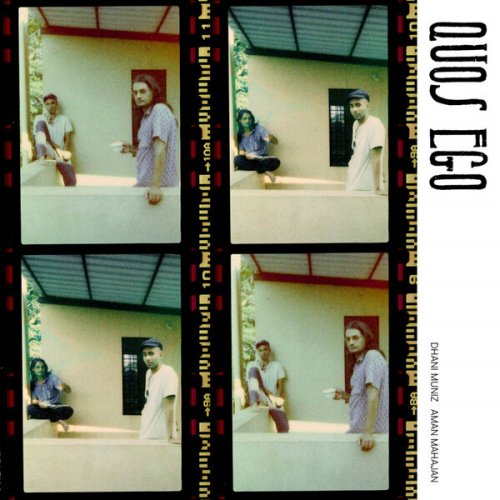
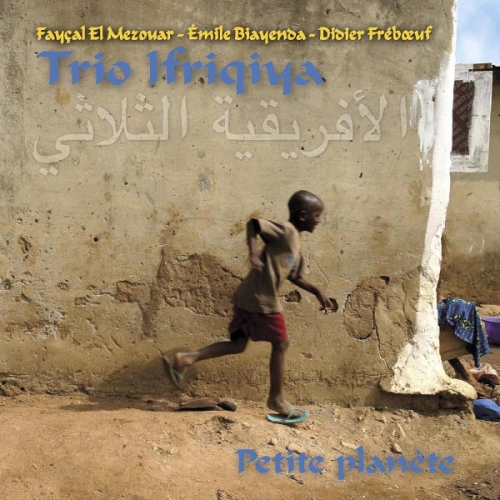
![Chris Forsyth's WHAT IS NOW - Both / And (2026) [Hi-Res] Chris Forsyth's WHAT IS NOW - Both / And (2026) [Hi-Res]](https://www.dibpic.com/uploads/posts/2026-02/1771839412_cover.jpg)
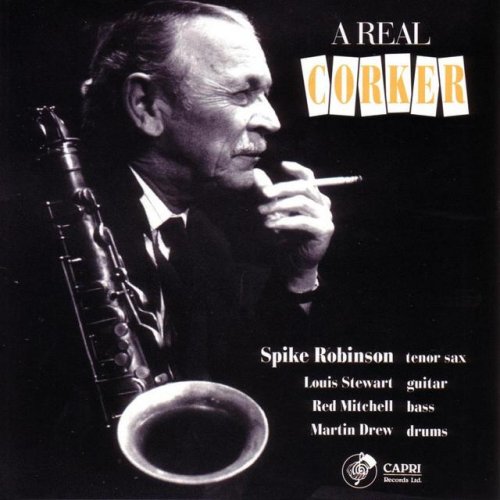
![Marius Neset - Time to Live (2026) [Hi-Res] Marius Neset - Time to Live (2026) [Hi-Res]](https://www.dibpic.com/uploads/posts/2026-02/1771945711_folder.jpg)
